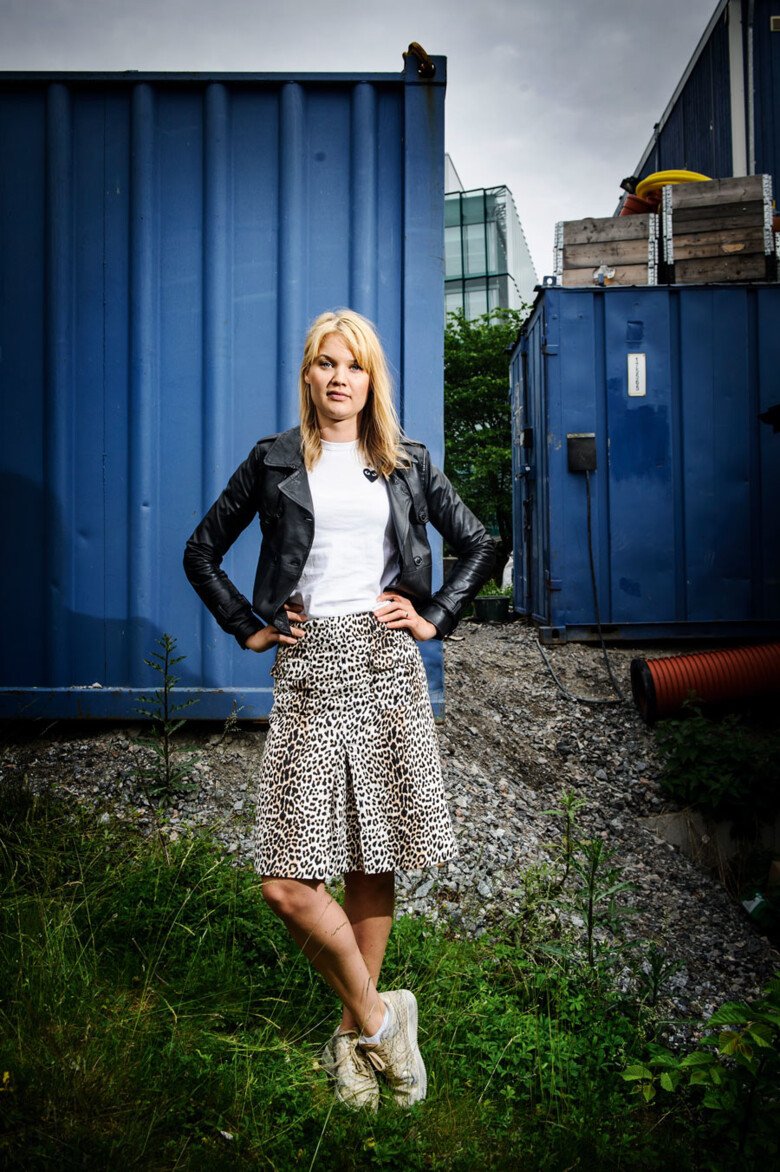Emma Frans on why we should be more critical
She has been described as one of the funniest people in Sweden, but the message in KI researcher Emma Frans’ new book is no joke. “Science is not perfect, but it’s our best option. We should be careful when dealing with it.”

Text: Cecilia Odlind, first published in Swedish in the magazine Medicinsk Vetenskap No 3/2017.
What is your new book about?
“How it is possible for us to be more critical when we, for example, are listening to politicians or following social media. Fact checking is increasingly becoming an individual responsibility. As a researcher, you are trained to take a scientific approach. I think it is important for the general public to get better at doing this as well.”
Why do you think that?
“Today more than ever it is easier for individuals to find ‘facts’ on the internet that support a certain argument. This has led to talk of there being a ‘post truth era’, whereby there is no longer any such thing as ‘real truth’. That said, I do believe we are in a transition period and are still working out which digital sources we can rely on.”
What should we pay attention to when we read about new research?
“Who is behind the research? If it has been funded by an organisation with a certain agenda, this may affect the results. Another common problem is correlations being presented as causal links. Do we actually become clever from eating fish? Or do clever people eat more fish because they have read that it is good for you? Many also fail to realise that results from cell and animal experiments do not always translate directly to knowledge about people. Likewise, some research is done on too small a scale or is based on unreliable data, which means the conclusions drawn are not clear-cut.”
What is the biggest challenge faced when discussing these issues?
“Talking about the shortcomings in the research while at the same time explaining why it is necessary. Science is not perfect, after all. At the same time, it is so much better than the alternatives: pseudoscience, gut instinct or something the bloke down at the gym told you.”
What do you research yourself?
“We are nearing the end of a research project at the moment that is indicating that ADHD increases the risk of cardiovascular diseases. There are those who suspect that ADHD drugs are increasing this risk, but our outcomes are suggesting that those who take the medication cope better.”
You don’t just write books. You also tweet, blog, create podcasts – and so on. Why?
“I felt that scientists’ voices weren’t being heard enough in public debate and wanted to contribute. My efforts have been warmly received: people are very keen to hear about popular science in the field of medicine. It is also possible that bad reporting about research could stop people from believing in science. Taking the scientific approach is the most effective tool we have for finding out the truth though. That’s why it’s important for us to inform people about new research in a credible way.”
Emma Frans is a researcher in the Department of Medical Epidemiology and Biostatistics at Karolinska Institutet. You can also follow her at Twitter.
